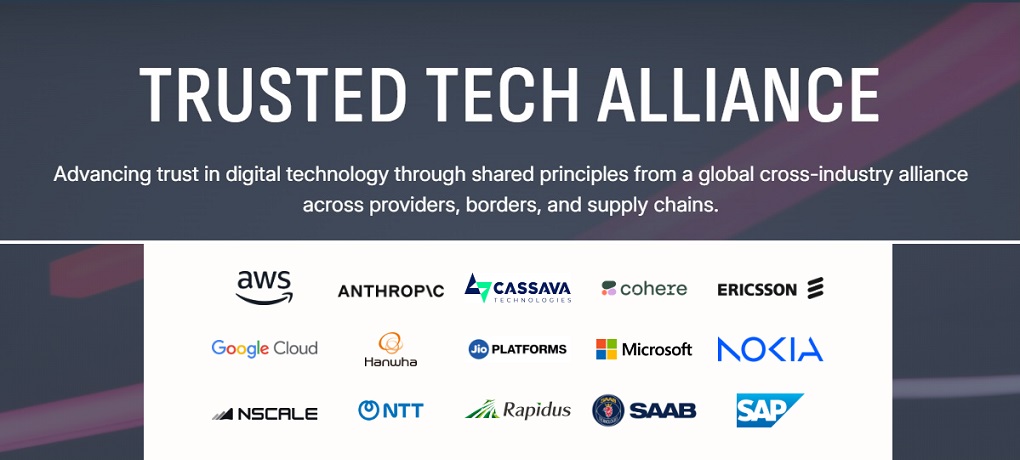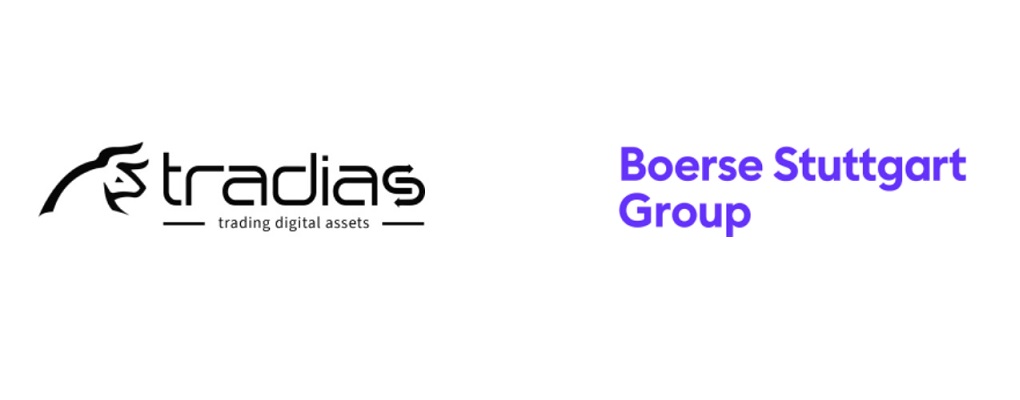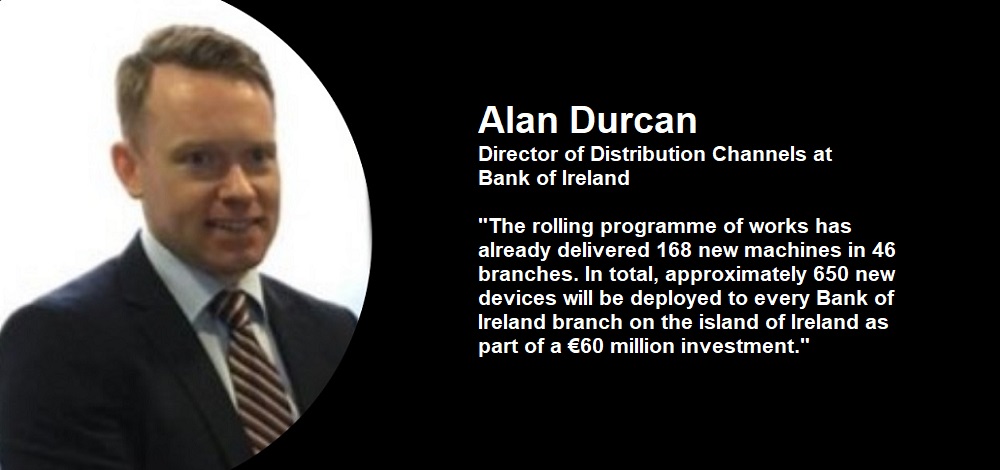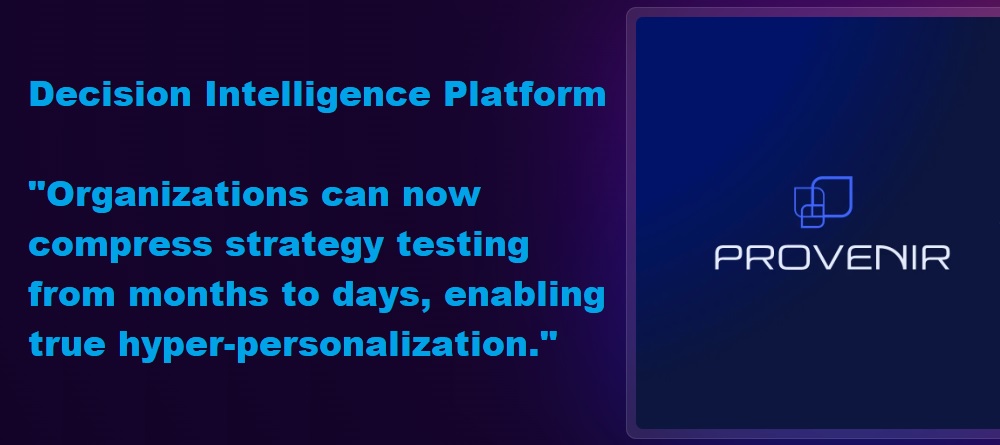World Economic Forum – New report charts roadmap to a quantum-secure financial system. „Quantum transition is a journey rather than a destination.”
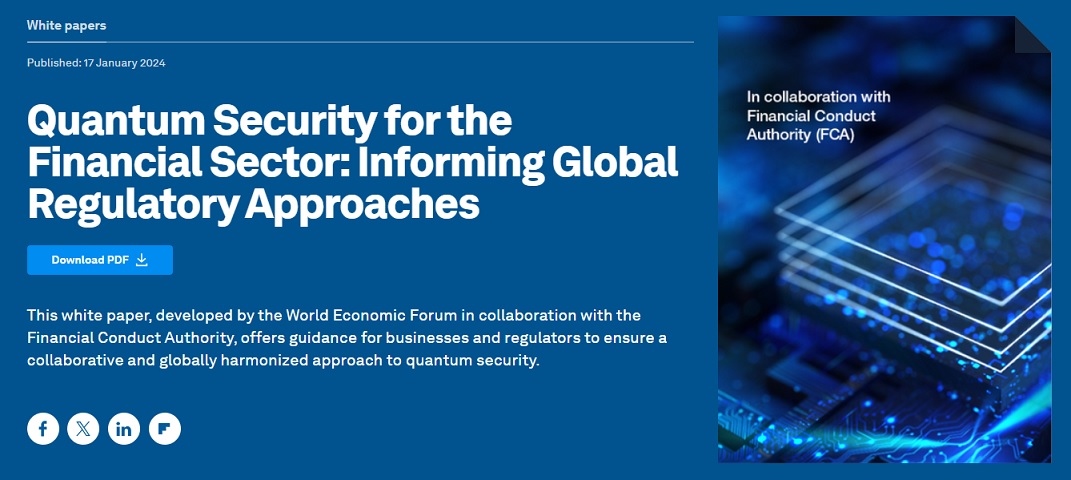
Innovations in quantum computing could revolutionize the global financial sector and usher in rapid investment, economic growth – and new, complex security risks. Global regulation and collaboration will be critical to mitigate quantum-security threats and harness the disruptive potential of emerging technologies. With the world on the brink of an unpredictable digital transformation, the World Economic Forum outlines guiding principles to inform and enable a secure future for all.
A World Economic Forum report, released last week, analyses a financial sector on the cusp of a quantum revolution, where emerging technologies are predicted to drive sector investment to $19 billion by the 2030s and up to $850 billion over the next 30 years. Alongside vast economic opportunities, the report warns that the digital to quantum transition will also unleash new cybersecurity threats that could threaten current security and digital infrastructure and even erode the trust and stability on which the global financial system depends.
In the face of this growing dilemma, the report, Quantum Security for the Financial Sector: Informing Global Regulatory Approaches – developed in collaboration with the Financial Conduct Authority (FCA) – provides a roadmap to guide stakeholders through this unpredictable and unprecedented transition. Recognizing the global nature of the financial sector and the interconnected threats posed by emerging technologies, the report calls for close, proactive collaboration between industry and regulators across the world based on four guiding principles aimed at building a more harmonized, informed and digitally secure global financial sector.
“The quantum economy era is fast approaching and we need a global public-private approach to address the shifting, interconnected complexities it will introduce across the world,” said Sebastian Buckup, Head of Network and Partnerships; Member of the Executive Committee, World Economic Forum. “It is critical that key global stakeholders come together to chart an adaptable path forward that could help enable a secure transition for the financial sector amid this emerging quantum revolution.”
While making clear that the quantum transition is a journey rather than a destination, the new report provides a four-phase roadmap: prepare, clarify, guide, and transition and monitor. The new research indicates that following these steps could help the financial sector establish a more harmonized ecosystem that is better prepared for the diverse and ever-changing security challenges the quantum transition may pose.
“Quantum computing presents considerable opportunities but also threats. The financial sector relies heavily on encryption to protect sensitive information, the exposure of which could cause significant harm to consumers and markets,” said Suman Ziaullah, Head of Technology Resilience & Cyber, FCA. “Addressing this requires a truly collaborative effort to transition to a quantum-secure future.”
The study was based on collaborative research carried out with the support of regulators, central banks, industry players and academia. Based on the findings, the new report produced four adaptable guiding principles that can inform actions by stakeholders throughout the journey to a quantum-secure economy, while avoiding fragmentation and increasing transparency. The principles are:
To reuse and repurpose. This principle encourages the maximization of existing tools, techniques and frameworks to address quantum-enabled cybersecurity risks. For industry, this means following existing best practices while, for regulators, this entails clarifying how current regulatory frameworks apply to the quantum threat, while defining where gaps exist.
To establish non-negotiables. This principle calls for the definition of overarching requirements shared by both industry and regulatory authorities. These encompass emerging international standards, an agile approach to new technologies and risk awareness in an ever-evolving landscape that all industry players, regardless of size or location, can apply.
Increase transparency. This principle urges industry players and regulators to exchange information on their strategies, best practices and approaches. Open communication is defined as crucial for developing effective regulatory approaches and a level playing field in a system that is only as strong as its weakest link.
Avoid fragmentation. This principle calls for a global approach centred on collaboration to avoid regulatory fragmentation in different markets. Given the global nature of the financial sector, international alignment and cross-border collaboration can also boost innovation, bolster security and reduce vulnerabilities.
The white paper also lays the groundwork for future discussions between industry stakeholders and regulatory authorities regarding securing the financial sector for a quantum future.
Dariusz Mazurkiewicz – CEO at BLIK Polish Payment Standard
Banking 4.0 – „how was the experience for you”
„To be honest I think that Sinaia, your conference, is much better then Davos.”
Many more interesting quotes in the video below:

